High battery energy density is requested for fishing boats campervans off-grid cabins, and battery storage systems. As specialized battery pack manufacturers like CM Batteries, energy density is a core parameter when we consider estimating the custom battery pack solution, which impacts battery pack performance, versatility, and suitability. Understanding the importance of battery energy density will maximize its performance in a variety of applications.
Energy density measures the amount of energy stored in a battery within a given volume or mass and is typically measured in watt-hours per liter (Wh/L) or watt-hours per kilogram (Wh/kg). Let’s explore more views of energy density.
Efficient Energy Storage
High energy density means that more energy can be stored in a smaller volume or lighter weight. This feature is very important for portable battery pack solutions. When high battery energy density takes up less space or weighs less, that demonstrates greater efficiency and utility in a variety of applications.
Longer Ranges
In mobility and transportation applications, such as golf carts fishing boats, or mobility devices, the energy density will affect the range and durability. Vehicles and boats equipped with high energy density batteries are able to travel longer distances or run longer without frequent refueling or recharging.
Compact Space
Energy density is critical in applications where space is limited. For example, space is at a premium in a campervan or other commercial applications. High energy density batteries will extend the time without significantly increasing the size or weight of the device. Lithium batteries have been the preferred choice for these applications due to their high energy density.
Cost Comparison
The energy storage capacity of a battery has a direct impact on cost-effectiveness.
- The energy density of Lead acid battery ranges between 30-50 Wh/kg
- The energy density of a Nickel-cadmium battery ranges between 45-80 Wh/kg
- The energy density of a Nickel-metal hydride battery ranges between 60-120 Wh/kg
- The energy density of Lithium-ion battery ranges between 50-260 Wh/kg
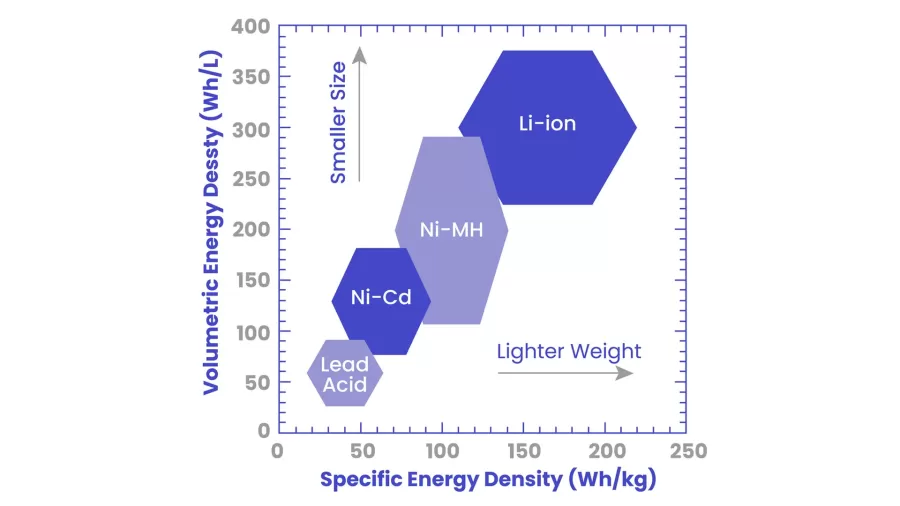
Lithium-ion batteries own an average of three to five times the energy density of lead-acid batteries. As a result, more lead-acid batteries are requested to achieve the same energy capacity and it will cause the cost higher.
Environmental Protection
Energy density also has a significant impact on environmental protection. Higher energy density means that less material is required to store the same amount of energy, which reduces manufacturing costs and resource extraction, production, and disposal. What is more, lithium-ion batteries are more environmental for the mother earth.
Professional Insight from CM Batteries
As a battery pack manufacturer, CM Batteries understands that energy density plays a critical role in the efficiency, performance, and utility of energy storage systems. By continually improving the energy density of our batteries, we are committed to providing more compact, longer-lasting, and environmentally friendly energy storage solutions to meet the energy needs for mobility.
Our technical experts are ready to serve you to understand how to maximize energy density and provide the custom battery pack solution to your specific needs.


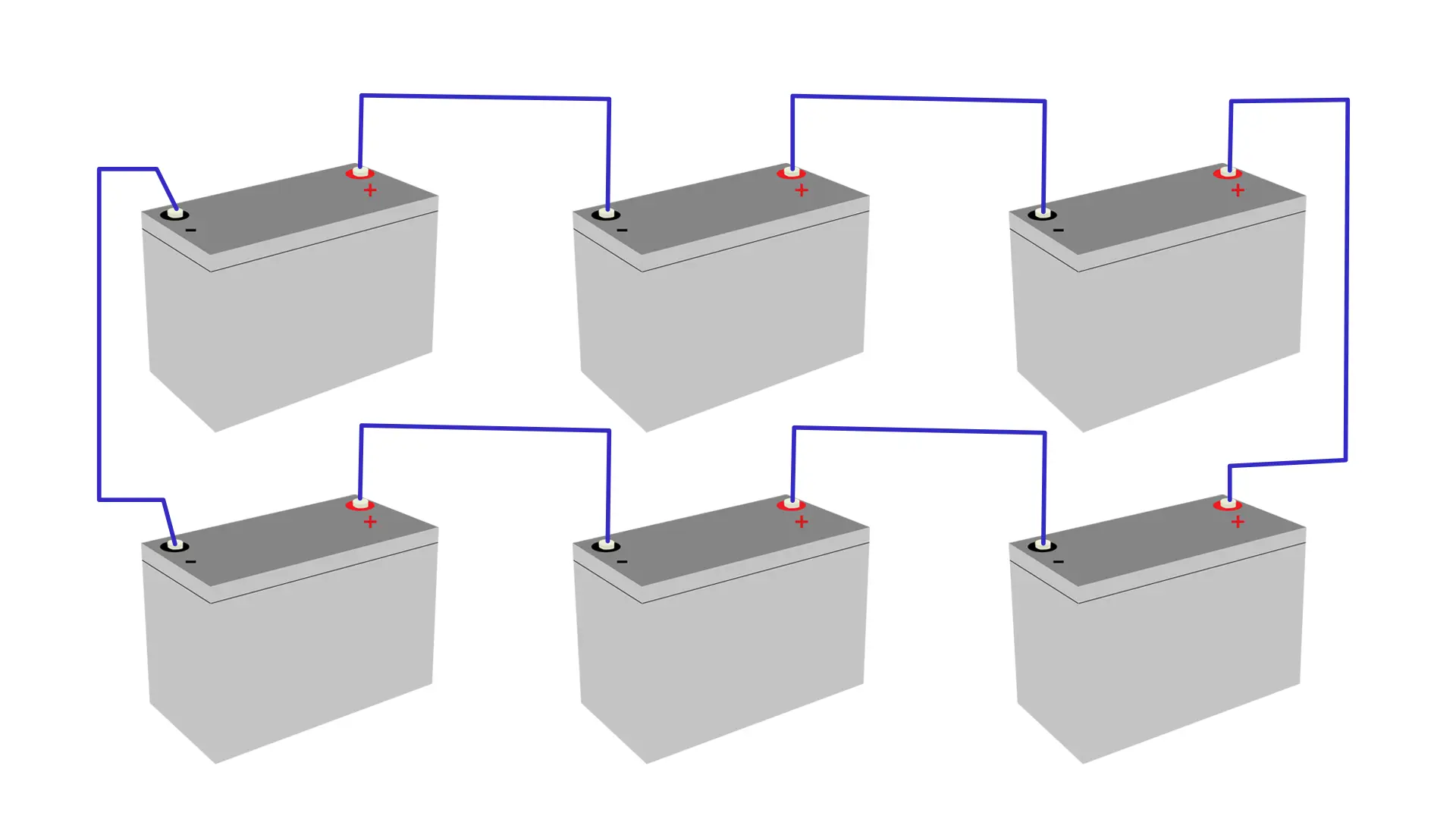
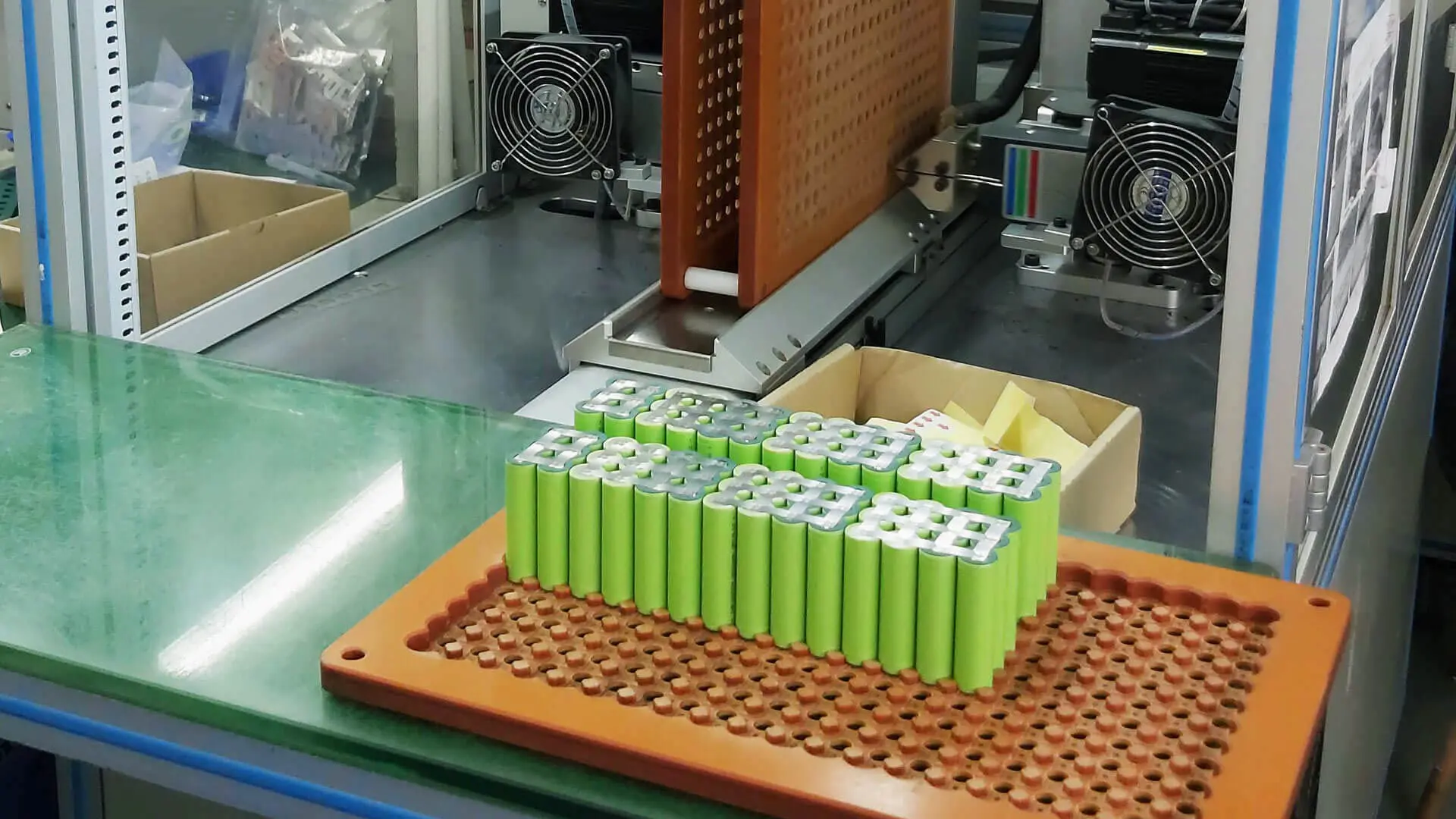
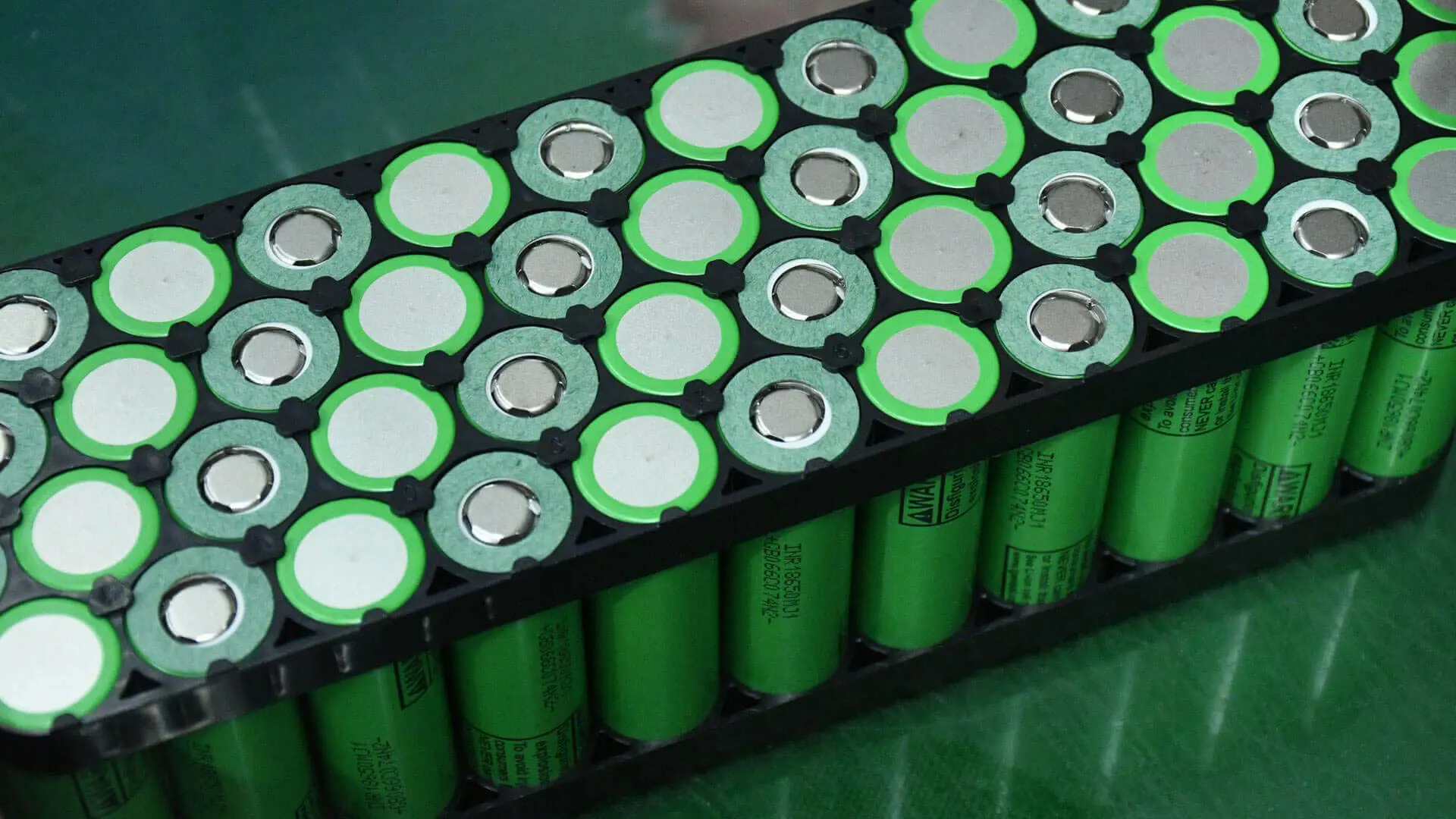

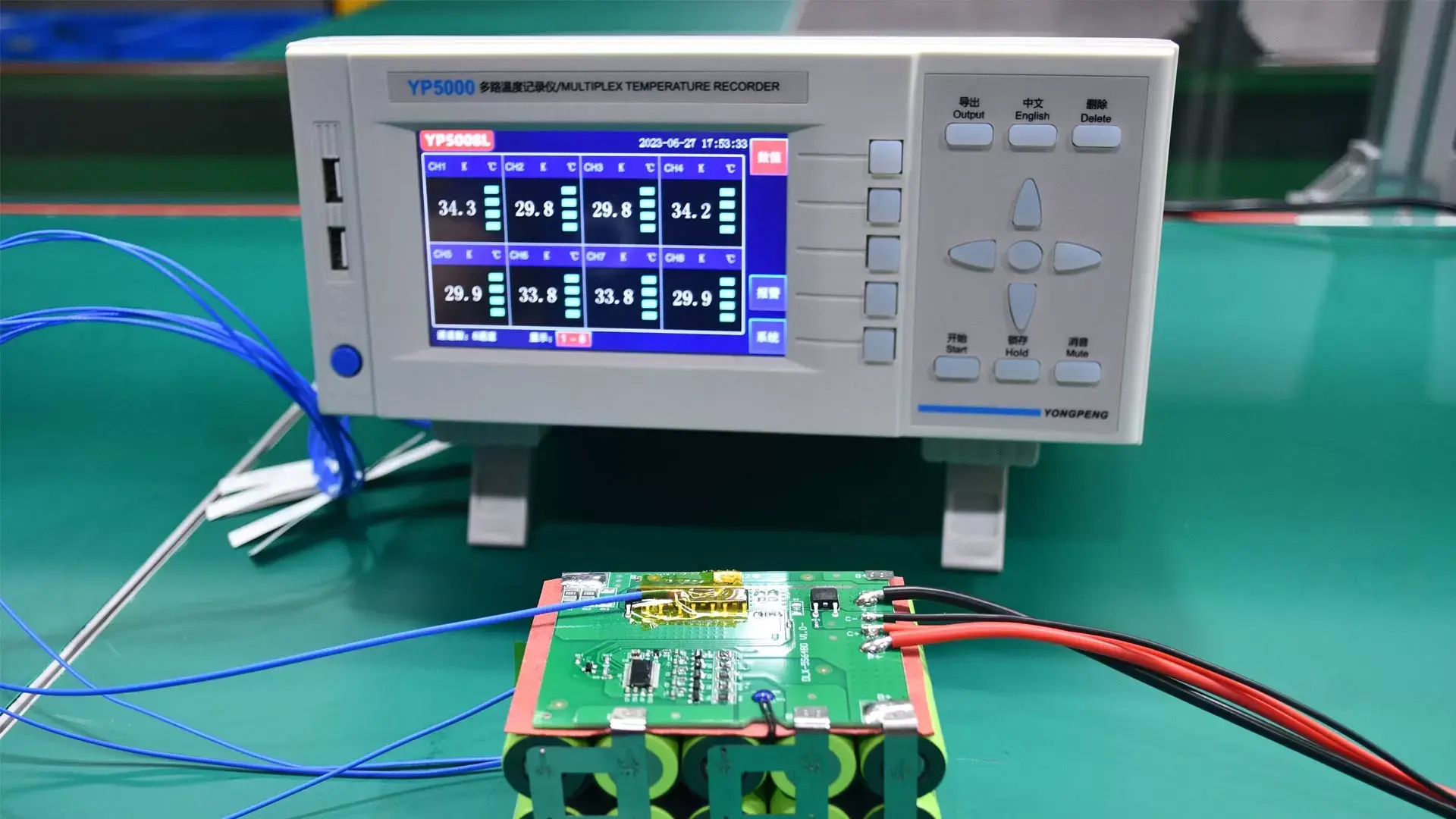

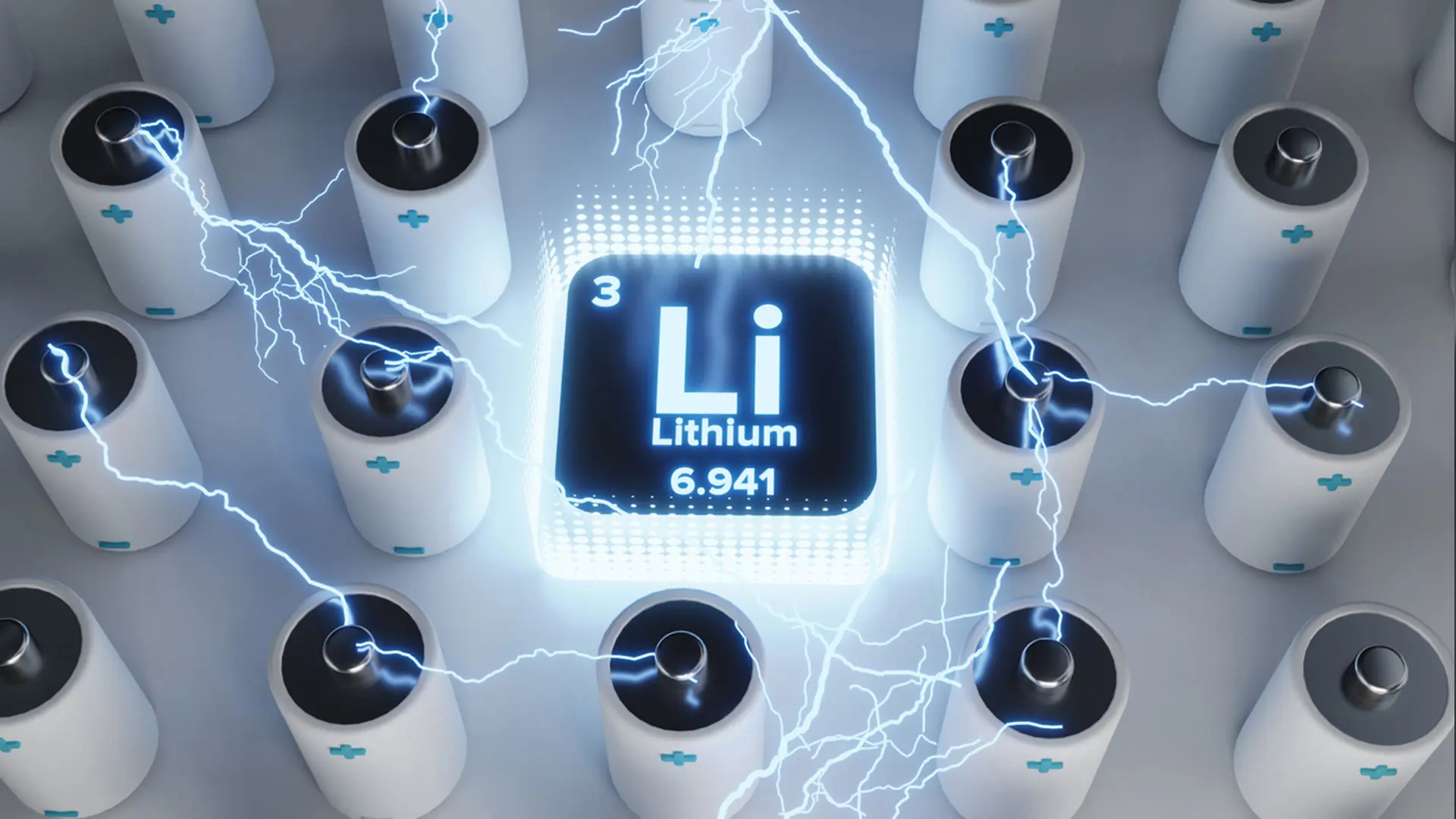

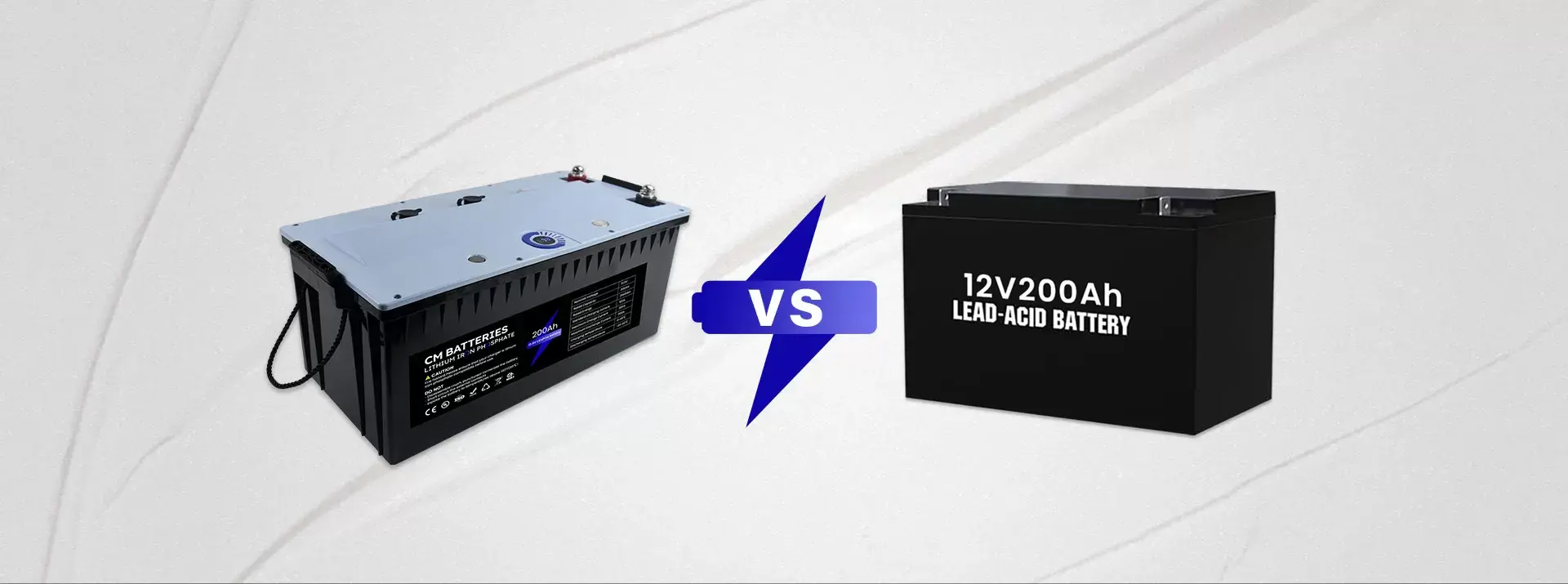

One thought